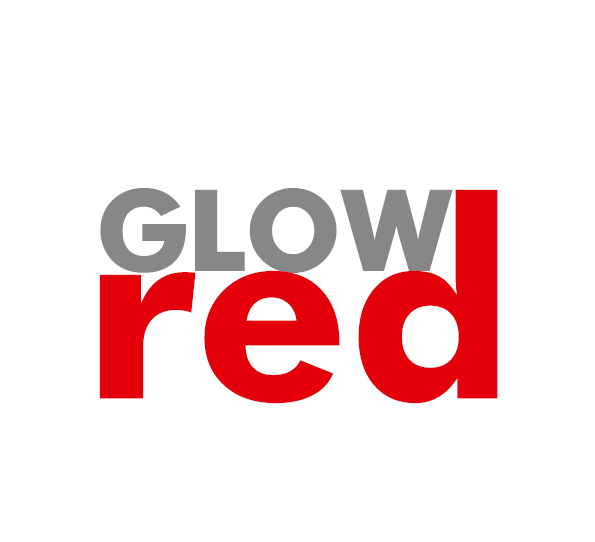“Empathy is not a soft skill, it is a change agent. Kindness is not a weakness, but a defiance to indifference”
Fatmanur has been working with the RCRC for five years. Passionate about her field—Community Engagement and Accountability (CEA)—she serves as a Coordinator at the IFRC, based in Ankara, Türkiye. Her experience, from witnessing humanitarian aid as a child to leading community engagement efforts today, proves that ethical and inclusive action is the only way forward.

I started working with the RCRC Movement in 2020 as a staff member with the Federation in Türkiye. Before that, I was working with an NGO focused on migration, but I was aware of the valuable work of the Turkish Red Crescent and the Federation across the broader spectrum of humanitarian crises. When I came across the IFRC Community engagement and accountability (CEA) job advertisement, it immediately caught my attention. The approach felt like a natural fit allowing me to build on my protection background while expanding my knowledge and skills. It offered the chance to engage more deeply with communities strongly aligned with my values and professional aspirations.
Behind this motivation, a personal story lies as well. In 1999, when the earthquake struck Türkiye, my family was among those affected. I still vividly remember the presence of the Turkish Red Crescent and Red Cross teams’ emblems and how it made me feel safe. That experience left a lasting impression on me, and it was always at the back of my head as I was building my career.
”I’ve witnessed how empathy, trust-building, and genuine participation can bring marginalized voices to the forefront.”
Working with the Red Cross Red Crescent Movement and leading CEA programs has reminded me that humanitarian aid must be ethical, inclusive, and community led. As a woman, I've witnessed how empathy, trust-building, and genuine participation can undermine entrenched power dynamics and bring marginalized voices to the forefront. CEA is not a process—it's an obligation to honor people's agency. This work has sustained me and given my genuine motivation : it is not just a matter of being inclusive but also of structural change—guaranteeing that individuals most directly impacted by crises have real influence.
One of the most touching moments I've experienced was volunteering with Roma children in an accommodation center as part of the Ukraine response. The conditions were less than ideal, overcrowded, with limited resources; but the children were cheerful and resilient despite their circumstances. As we did not share a common language, we relied on painting as a tool to communicate and seek their feedback about the Red Cross. Colors became words, and in their paintings, they told their stories, needs, and aspirations - it was more than feedback; it was a matter of connection, dignity, and ensuring they felt noticed.
”My enthusiasm for the work stems from my personal values: empathy, compassion, and an unwavering belief that every voice matters.”
I did not formally study CEA relevant subjects, but after 10 years of direct service with affected people, I have come to know its deeper meaning. My enthusiasm for the work stems from my personal values: empathy, compassion, and an unwavering belief that every voice matters. These are not workplace competencies I learned; they define who I am. In a world where structures and systems are often prioritized over individual action, I believe it is my duty to make sure that people are heard, and respected.
As a woman in humanitarian work, I have learned that empathy is not a soft skill, it is a change agent. Kindness is not a weakness, but a defiance to indifference. True leadership is not authority, but the authority to create a sanctuary for those who have had their voices suppressed. I am an advocate of the rights of all “earthlings” in my professional and personal life and hold that each one is entitled to dignity and has the right to be heard.
Red Cross Red Crescent women can feel themselves pushing against qualities like kindliness, compassion, and collaboration being secondary to more traditional means of decision-making. But it is these very qualities that are most appropriate to successful and ethical humanitarian intervention and lasting solutions.
”In a world where structures and systems are often prioritized over individual action, I believe it is my duty to make sure that people are heard, and respected.”
Despite improvement, there is still room for more marginalized groups to be represented in leadership and decision-making roles. Even with such challenges, I have found that the best change-makers are those who demonstrate both strength and humanity.
In order to affect that change, we need to believe that we can make a difference. Advocacy is not just about policy, it's in daily actions like challenging biases, amplifying underrepresented voices. This means empowering our staff with training to combat gender imbalances, implementing inclusive policies and safe reporting.
Thinking about what’s ahead, I honestly don’t have a clear dream at the moment.We’re living in times that make it difficult to imagine a brighter future, with so many challenges around us. I don’t want to sound pessimistic, but I do hope that there will be a moment when I can find the courage to dream again. Oh, wait... I just realized, maybe sharing this thought was my dream for now.
Fatmanur Bakkalbasi, IFRC
